
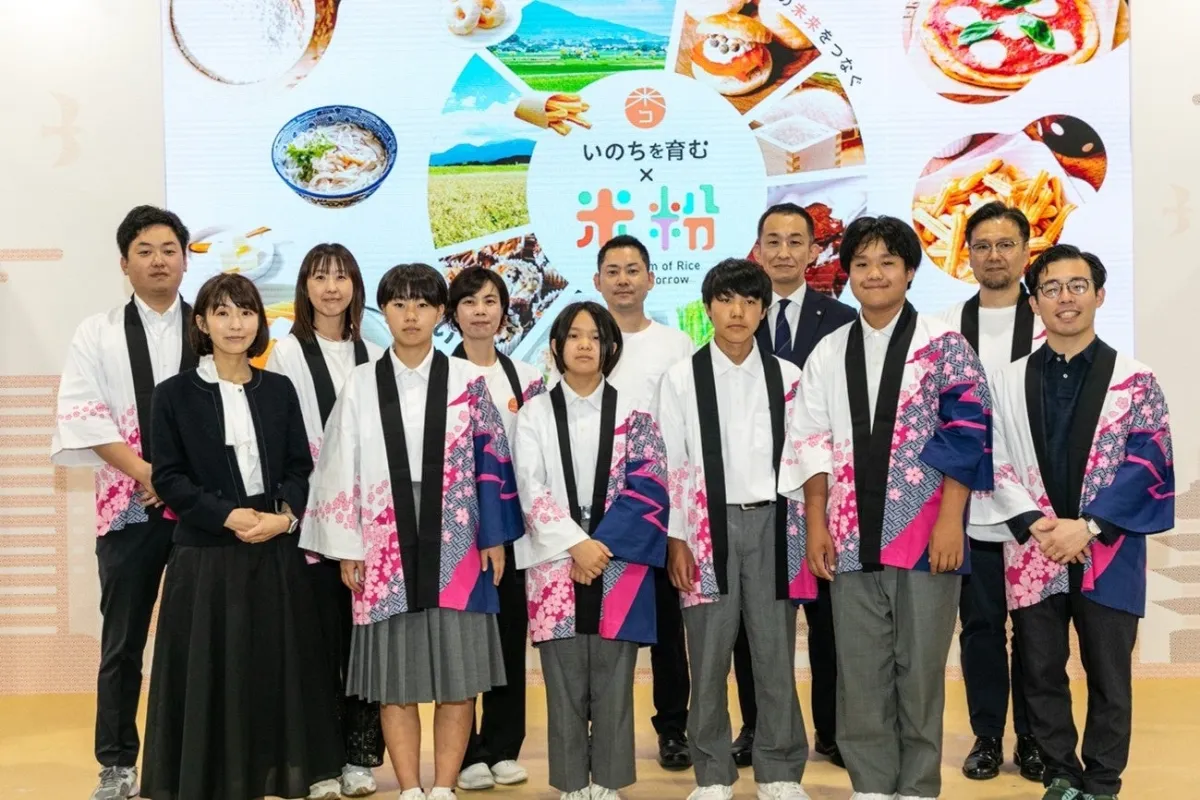
Innovative Rice Flour Products at Osaka Kansai Expo Highlight Future of Japanese Cuisine
Innovative Rice Flour Products at Osaka Kansai Expo
The Osaka Kansai Expo hosted an intriguing event from June 5 to 16, focusing on rice flour as part of the "Future of Food and Living Week" organized by the Ministry of Agriculture, Forestry and Fisheries. During this event, the project titled "Connecting Life with Rice Flour: A New Shape of Rice that Bridges Japanese Food Culture and Agriculture's Future" featured discussions and presentations centered around the unique qualities and potential uses of rice flour.
Community Collaboration in Product Development
One highlight was the story from the students at Daiwa Junior High School in Mihara City, Hiroshima Prefecture, who are determined to promote locally produced rice flour beyond their community. Representing the initiative, Tamako Murakami and Natsuki Minagawa from a community organization spoke alongside these students. They shared their experience in developing products using glutinous rice flour, which included "Lucky Cookies" and a craft material dubbed "Komen-do". The students noted, "While local residents appreciated our products, we recognized the challenge of attracting customers from other regions. We hope to pass on this experience to future generations."
Session 1: Exploring the Potential of Rice Flour
In the first discussion session focused on developing products with rice flour, various stakeholders, including Masayoshi Ikai from Okomen Kobo, spoke about their roles in promoting local revitalization. The students joined them, sharing their experiences of how rice flour products were well-received due to their appealing textures and flavors. Murakami stated, "The 'Lucky Cookies' offer a crispy and crumbly texture that truly showcases the taste of rice flour. The feedback has been overwhelmingly positive. We are dedicated to leveraging the fresh ideas of the younger generation to foster ongoing community development."
Session 2: The Future of Japanese Rice and Rice Flour
The second session delved into the broader implications of rice and rice flour for the future of Japan's food landscape. Industry experts, including Yutaka Hasegawa from Hyakushō Ichiba, discussed the growing market for rice flour products like bread, noodles, and sweets. Hasegawa expressed optimism about the increasing popularity of rice flour, noting the positive reception among producers: "Producing rice in various forms and delivering it to the table brings hope for the future."
Registered dietitian and rice flour cooking expert, Rie Nakamura, emphasized the connection between rice flour and gluten-free markets, suggesting that rice flour has considerable growth potential as it aligns with rising health concerns globally. Takaaki Fujinami from Nami Sato also highlighted how demand for rice flour is increasing, despite some perceptions that it can be challenging to work with: "Once you've used it, you can’t go back," he said, indicating a potential for growth in rice flour's popularity.
Rice Flour: An International Attraction
The conversation then shifted to the international appeal of Japanese rice flour. Nakamura shared experiences of developing recipes for overseas markets, pointing out the unique characteristics and advantages of Japanese rice flour. Fujinami echoed similar sentiments, noting the high regard for Japanese milling techniques abroad: "The refined texture of our rice flour alters the mouthfeel of baked goods, making them lighter compared to overseas products."
Hasegawa concluded the session by underscoring the global expansion of Japanese cuisine, emphasizing the potential for rice flour to play a significant role in international markets, particularly in the context of increasing consumer health consciousness and the popularity of gluten-free options.
The Rice Flour Community Initiative
The rice flour community, known as "Kome Ko Juku," was formed to explore and disseminate knowledge among experts in the food industry. This initiative encourages chefs, producers, and designers to pass on insights about rice flour and develop a collaborative platform to promote its diverse applications. Through shared knowledge, they aim to create engaging culinary experiences that enhance consumer understanding of rice flour.
The Komeko Times Media Platform
The Komeko Times is a web media platform dedicated to providing consumers with the latest information concerning rice flour, including recipes, videos, and project updates, aiming to make rice flour more accessible and widely understood among consumers. Visit their official website for more resources: Komeko Times.
The Rice Flour Consumption Expansion Project
The "Rice and Rice Flour Consumption Promotion Project," executed by the Ministry of Agriculture, Forestry and Fisheries, is part of a broader initiative to secure food safety in Japan. The project advocates for the increased consumption of locally grown rice and rice flour amid rising global food demands and pricing challenges, intending to strengthen Japan's food security.
About Gurunavi, Inc.
Established in 1989, Gurunavi, Inc. launched the dining information site "Gurunavi," which has revolutionized the dining experience in Japan. The company continues to expand its services to support restaurants while prioritizing consumer satisfaction. For more information, you can visit their corporate site: Gurunavi Corporate.
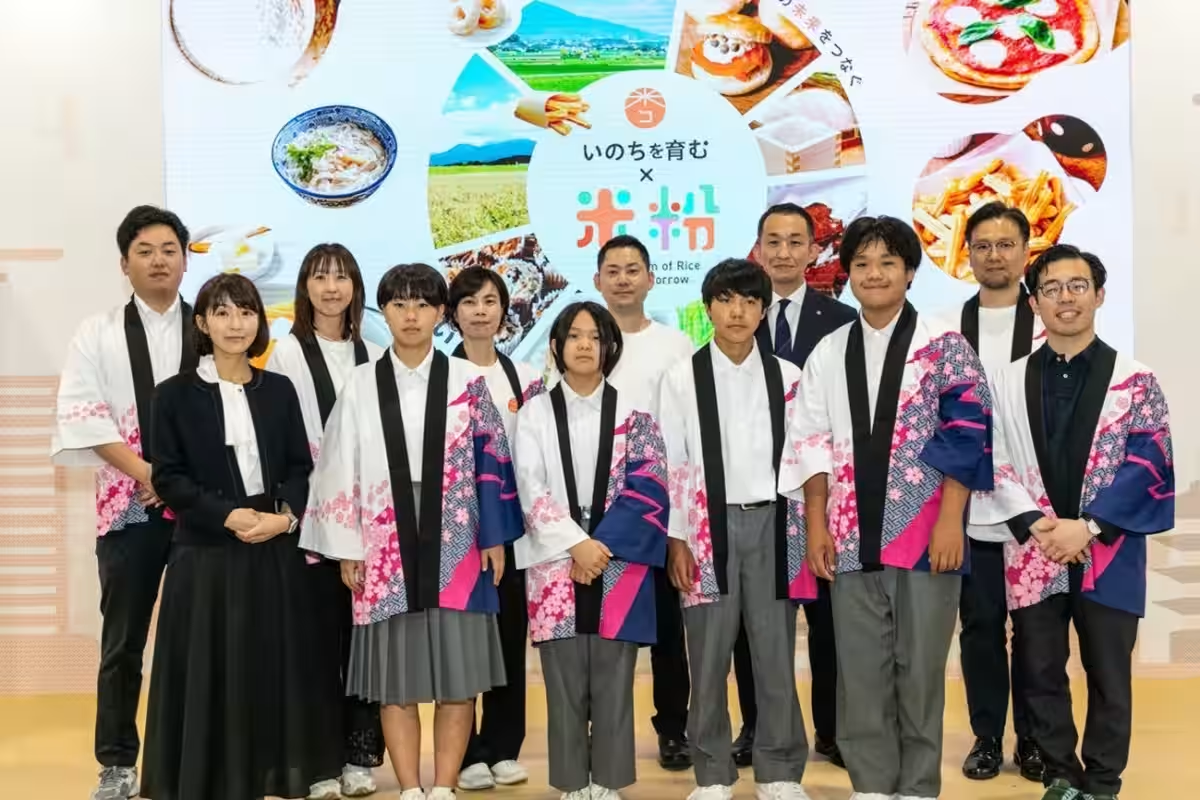
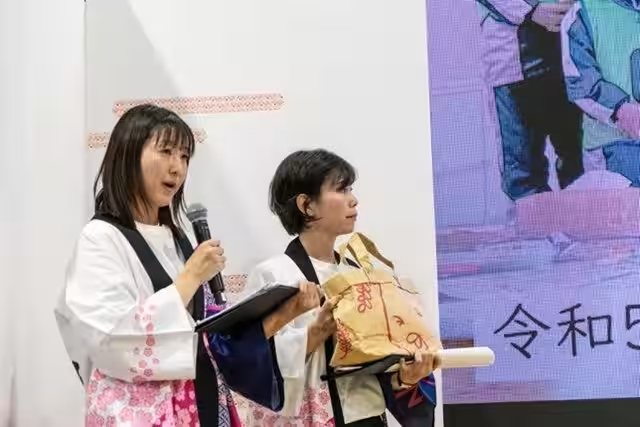


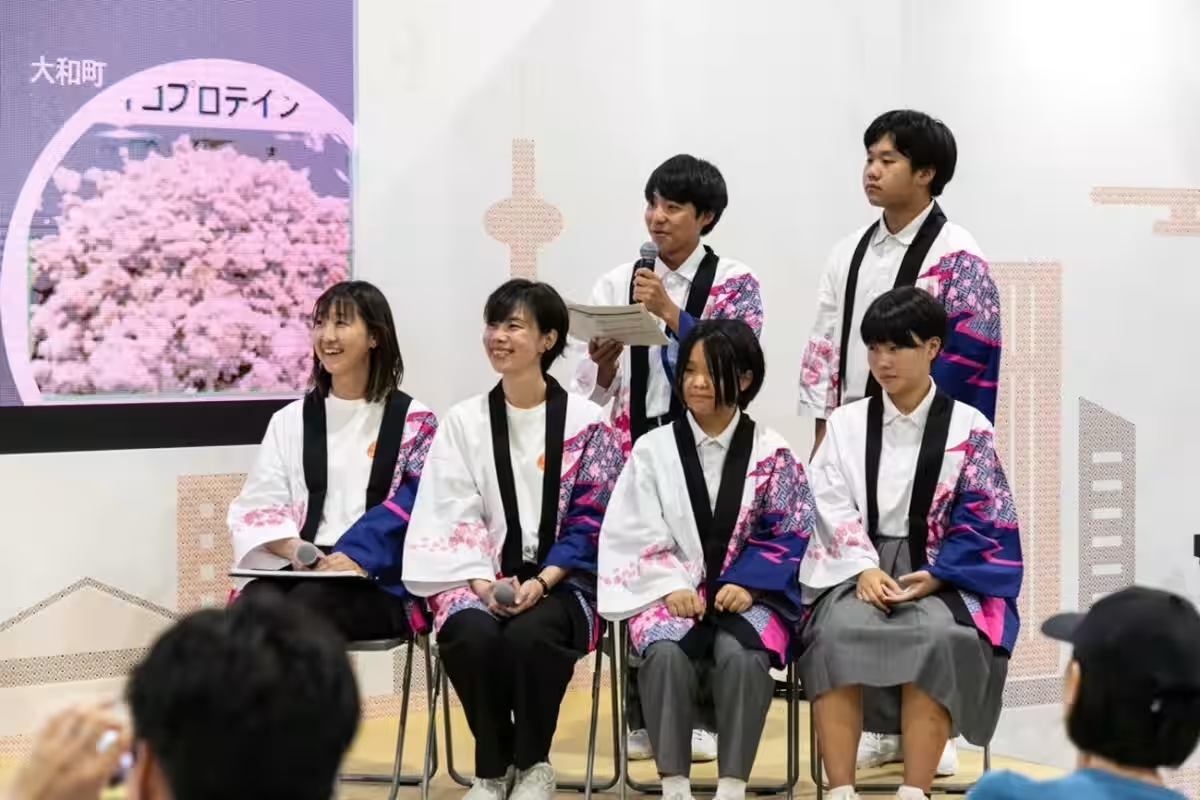

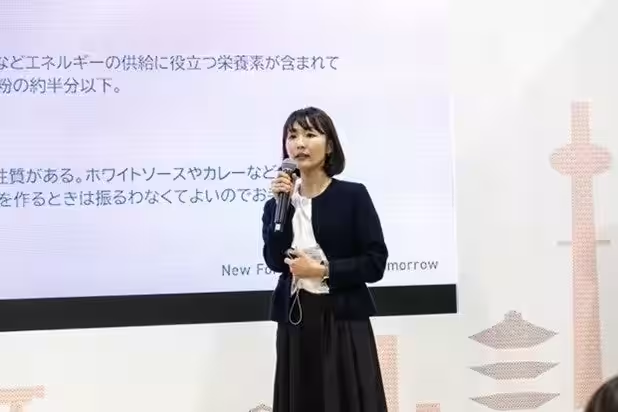
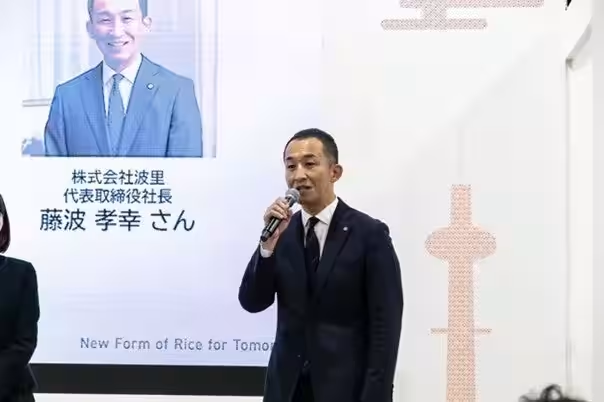
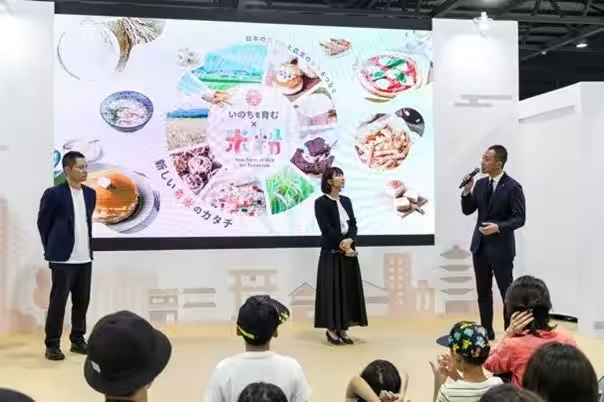


Topics Consumer Products & Retail)










【About Using Articles】
You can freely use the title and article content by linking to the page where the article is posted.
※ Images cannot be used.
【About Links】
Links are free to use.